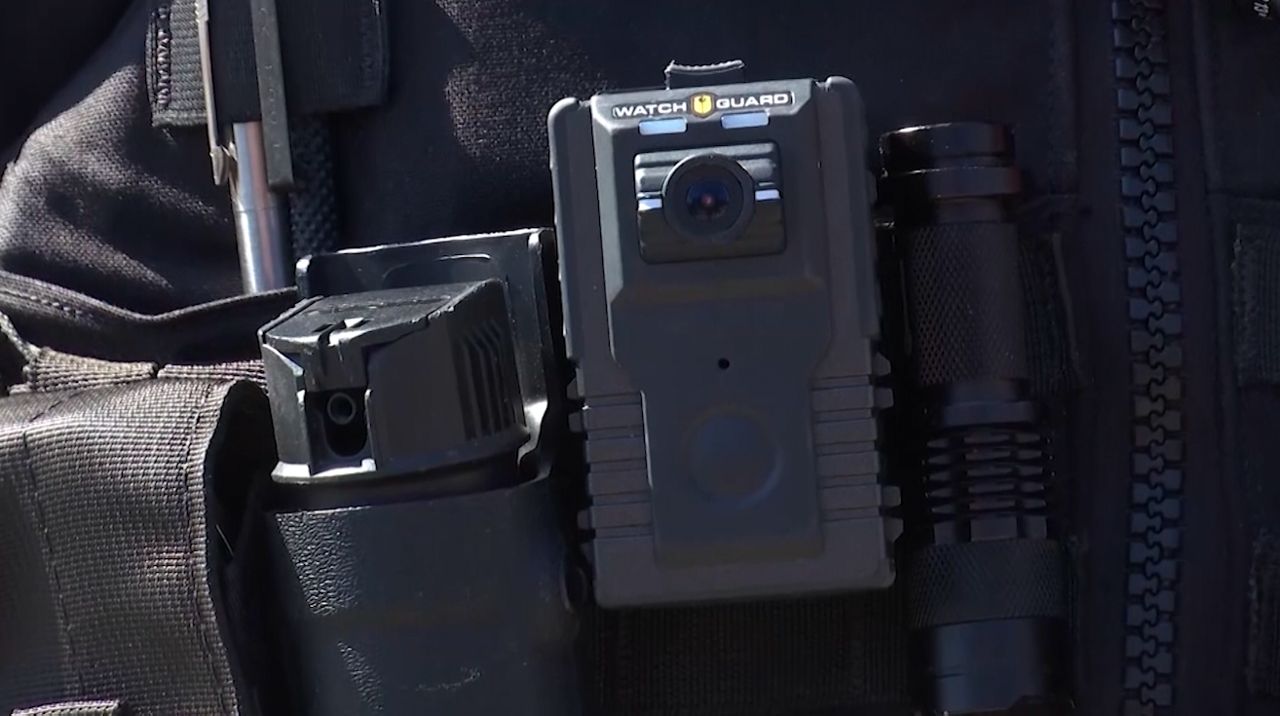COLUMBUS, Ohio — More police officers in Ohio could be soon carrying body-worn cameras after Gov. Mike DeWine announced a $5 million state grant.
DeWine’s office said that funds will be directed toward local police agencies for the purchase of body cameras and associated expenses.
The state began accepting applications for grant money from police agencies on Tuesday. Departments have until Oct. 8 to apply. Agencies not awarded grant money this year will have the opportunity to apply again next year to be part of a second $5 million allotment.
DeWine’s office estimates that two-thirds of state police departments do not outfit officers with body cameras. The state said the grant program could help small police agencies that cannot afford cameras for officers.
"Body cameras are beneficial for peace officers and the public because they act as impartial eyes on events as they transpire, but most law enforcement agencies in Ohio don't have them because they can't afford them," DeWine said in a statement. "One of my top priorities has always been ensuring that our law enforcement officers have the tools they need to best serve the public, and this new grant program will help eliminate the cost barriers associated with body-worn cameras and will contribute to a safer Ohio."
The Major Cities Chiefs Association, a group of chiefs of police from large U.S. cities, have called on the use of body-worn cameras to become universal. The group called on Congress to provide funding for local agencies to support body-worn cameras.
In July, Columbus-area State Rep. Dontavius Jarrells introduced legislation in the Ohio House to mandate officers be provided body-worn cameras. The legislation would also limit when an officer could keep a body camera turned off.
That legislation has yet to have a committee hearing.
The bill, which Jarrells dubs as “Andre’s Law,” was in response to the December 2020 incident involving Andre Hill. Hill was shot to death by Adam Coy, a now fired member of the Columbus Division of Police who is facing murder charges. Coy did not turn on his body-worn camera until after shooting Hill.



